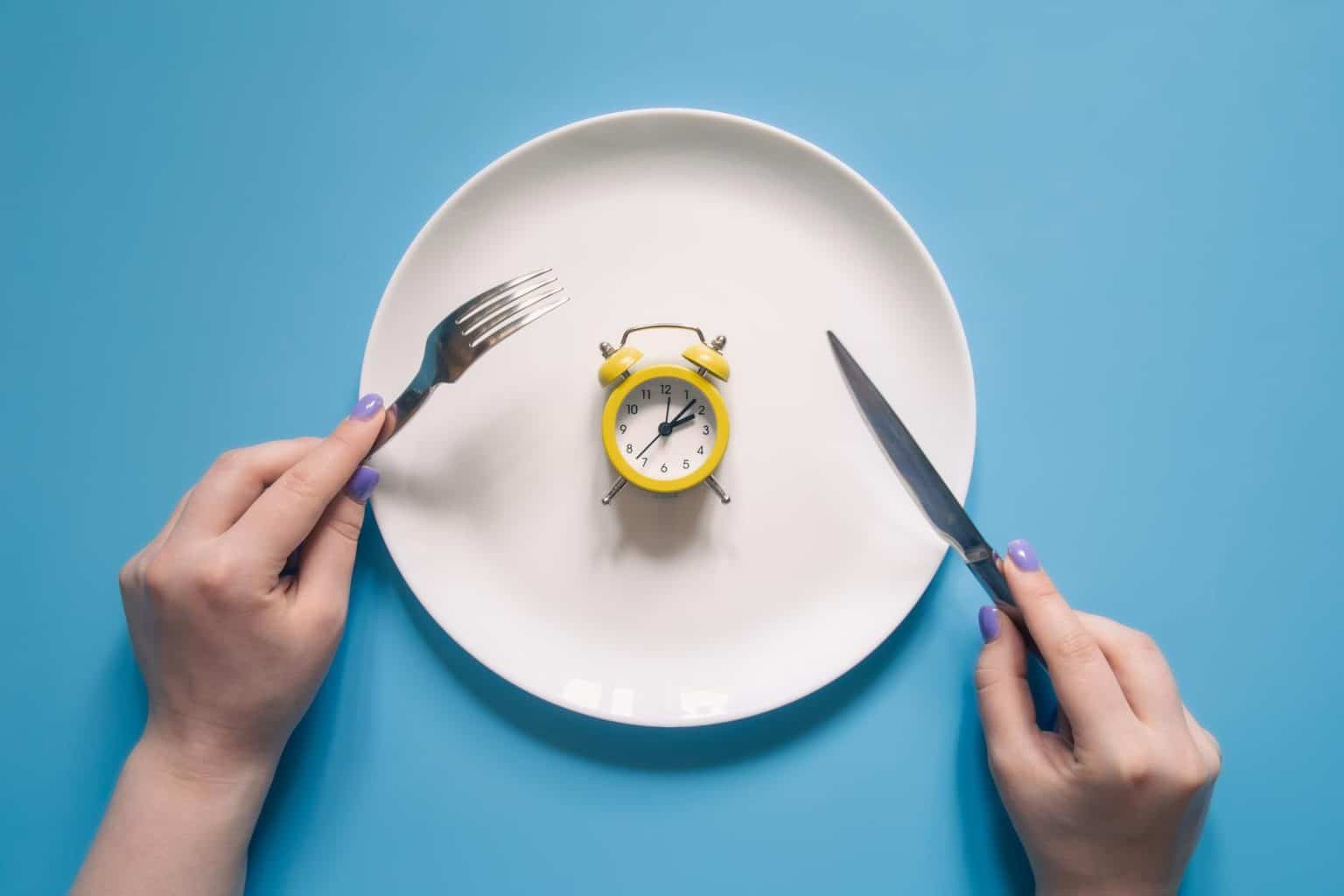Fasting is a practice steeped in spiritual significance, often embraced by various cultures, religions, and personal wellness journeys. As individuals embark on a fast, a multitude of questions arise, particularly about what is permissible during this time. Among these inquiries is a common one: can you brush your teeth while fasting? This question not only touches on the practical aspects of oral hygiene but also delves into the spiritual considerations that underpin fasting practices. In this exploration, we will uncover the multifaceted approaches to this question, aligning them with spiritual teachings and interpretations.
Understanding Fasting: A Primer
Fasting can take myriad forms, from intermittent fasting to religious observances. At its core, fasting is often about abstaining from specific foods or activities for a set time. For instance, in the Islamic tradition, the month of Ramadan features daily fasts from dawn until sunset, wherein no food or drink is consumed. In contrast, many intermittent fasting regimens focus on specific eating windows throughout the day. Such variations prompt differing interpretations of what constitutes breaking the fast.
The Rationale Behind Brushing Teeth During Fasting
When considering whether to brush your teeth while fasting, it is essential to weigh both practical and spiritual implications. Practically speaking, maintaining oral hygiene during a fast can be beneficial. The act of brushing teeth helps to remove food particles and plaque, preventing dental issues that could arise from neglect. However, the spiritual ramifications often take precedence in many fasting traditions.
One’s personal beliefs and the guidelines set forth by one’s faith or fasting protocol significantly influence the answer. For instance, many spiritual leaders assert that maintaining purity, both physically and spiritually, is paramount during fasting. This often leads to the question of whether toothpaste or even mouthwash can interfere with the fast.
Perspectives from Various Traditions
1. Islam: In Islamic culture, brushing teeth during fasting has nuances. While the act of brushing does not inherently break the fast, caution is advised. The use of a miswak, a traditional teeth-cleaning stick, is often recommended due to its natural properties. Scholars suggest that if toothpaste is used, it should be nearly devoid of any flavoring or additives that might lead to swallowing even a minuscule amount.
2. Christianity: In Christian contexts, fasting practices vary widely. Many Christians align their fasts with a focus on spiritual discipline, making oral hygiene a lesser concern. However, there is a general consensus that maintaining cleanliness is important spiritually. Thus, brushing teeth may be permitted, provided that it does not lead to any inadvertent swallowing.
3. Buddhism: For Buddhists, fasting often relates to mindfulness and intentional living. The focus is less on rigid rules and more on clarity of mind and spirit. Hence, brushing teeth might not be viewed as a violation, as long as one remains aware of their intentions and maintains the spirit of the fast.
Long-Term Health Benefits of Oral Hygiene
Brushing your teeth regularly—whether during fasting or otherwise—offers significant health benefits. Regular oral hygiene can prevent conditions such as gingivitis, cavities, and halitosis. During fasting periods, maintaining oral health becomes even more critical, as the absence of food intake can lead to a dry mouth and an increased risk of bacterial growth. Therefore, upholding an oral hygiene regimen during fasting can foster both physical health and spiritual resilience.
Compromise and Alternatives
If brushing your teeth during fasting raises concern, consider alternatives that align with both health and spiritual purity. Rinsing your mouth with water offers a solution, as it does not involve using toothpaste or any substance that could disrupt the fast. Additionally, chewing sugar-free gum could serve as a middle ground, stimulating saliva production and promoting oral health without reintroducing calories.
The Importance of Intent and Awareness
Ultimately, the decision to brush your teeth while fasting should be guided by your intent and awareness of the guidelines established by your faith or personal beliefs. In many spiritual practices, the intention behind actions is paramount; thus, remaining mindful about your fasting objectives can help clarify your choices surrounding oral hygiene. As you make decisions about brushing your teeth or abstaining from it, consider how these actions align with your fasting experience.
Conclusion
In summary, the question, “Can you brush your teeth while fasting?” does not have a one-size-fits-all answer. The response depends on various factors, including individual beliefs, spiritual guidelines, and personal health considerations. While it is crucial to uphold oral hygiene, respecting the essence of the fast remains paramount. Balancing these aspects can lead to a more fulfilling and enlightening fasting experience. Therefore, the next time you contemplate your oral hygiene while fasting, consider not only the practical implications but also the spiritual dimensions that enrich this sacred practice.

